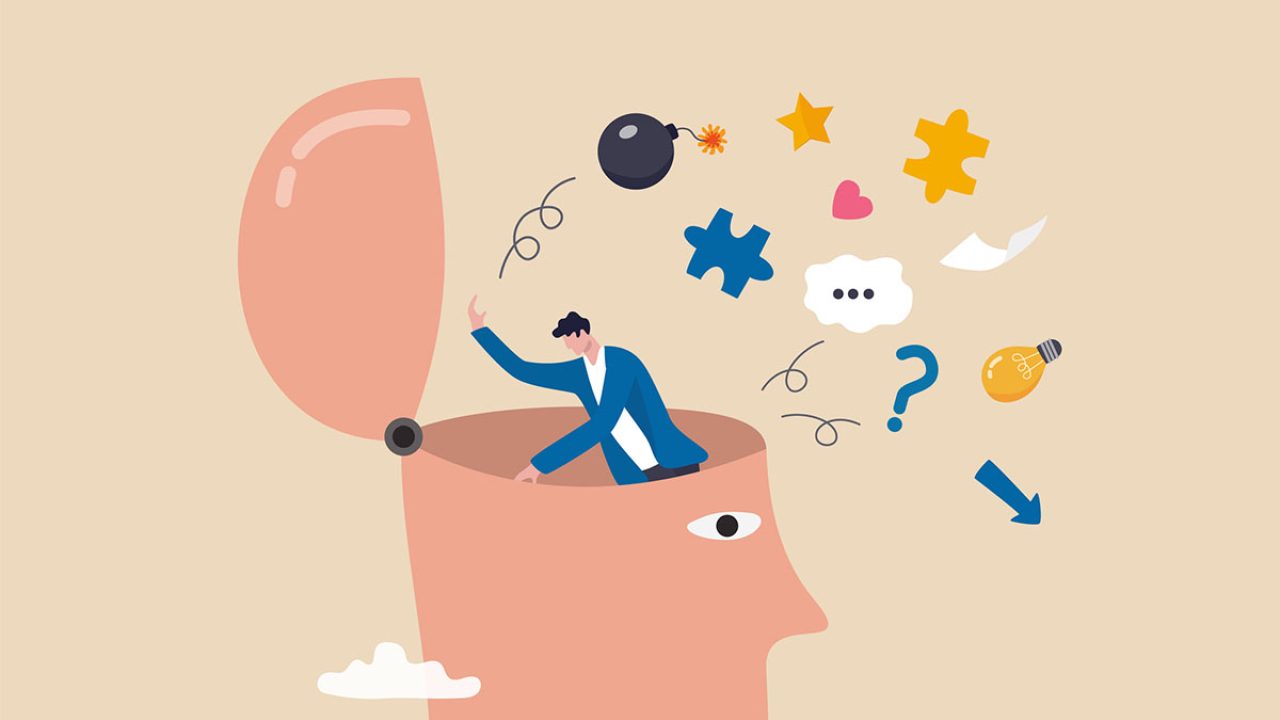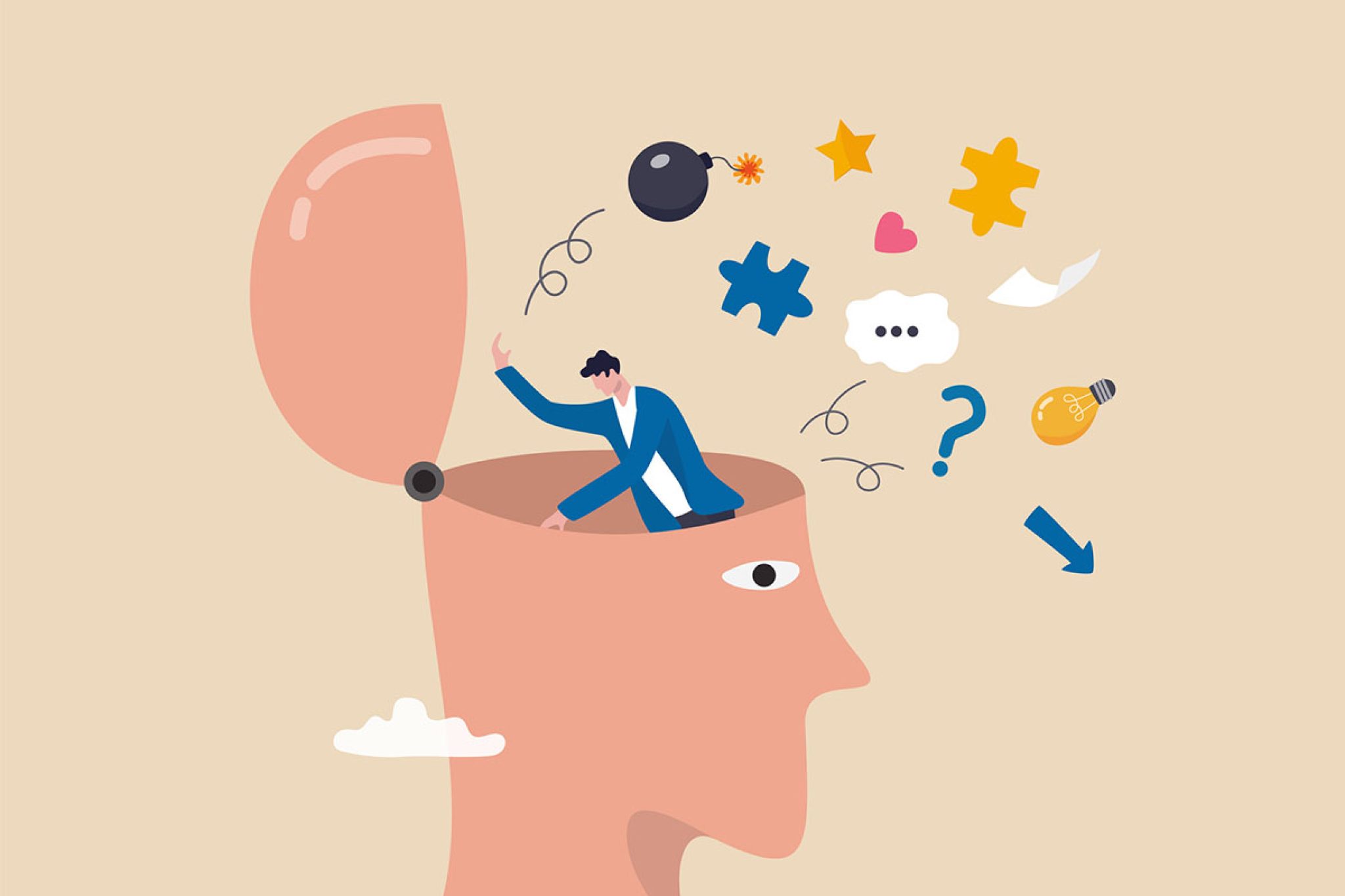
How does technology influence our attention and ability to focus? This is the central question addressed by Chris Bailey, a Canadian writer and productivity consultant. In his TED Talk, How to Get Your Brain to Focus, Chris describes how he conducted an experiment on himself – namely, getting rid of his phone.
It took a week until the results started to materialise. Chris noticed that his attention span grew without a screen constantly distracting him. More ideas entered his head now that more “mental space” was available. Delving deeper into the academic studies, Chris also unearthed some fascinating truths about how devices can affect our minds.
One insight is that when we have our phone nearby, we can only focus on a task for 40 seconds on average (before we are interrupted or distracted). This is largely because our brains are in a state of “overstimulation”. The “novelty bias” mechanism in our brains predisposes us to crave notifications such as emails and social media messages.
Contrary to popular belief, boredom is not a negative state. It is a common and, indeed, beneficial aspect of human existence. Boredom provides us with precious opportunities to reflect, engage in creative thinking, and use our imaginations. Some of the world’s best artistic and literary works were born out of boredom.
Chris discovered that when in a state of rest, our minds go to three main places: the past, the present, and the future. Remarkably, the future is where we naturally gravitate the most. However, ask yourself – are you giving your mind the rest it needs to be creative when reflecting on these times? Are you allowing space for plans to come to you?
How to Get Your Brain to Focus sets out a two-week challenge at the end of the video to help the audience get started with reducing their hyper stimulation. We will let you watch the presentation yourself to discover what it is!
There is much to be encouraged by in this great TED Talk by Bailey. We heartily recommend this great TED Talk to give you a moral lift and motivate you to spur all of us on further towards better things – for our children and future generations.




